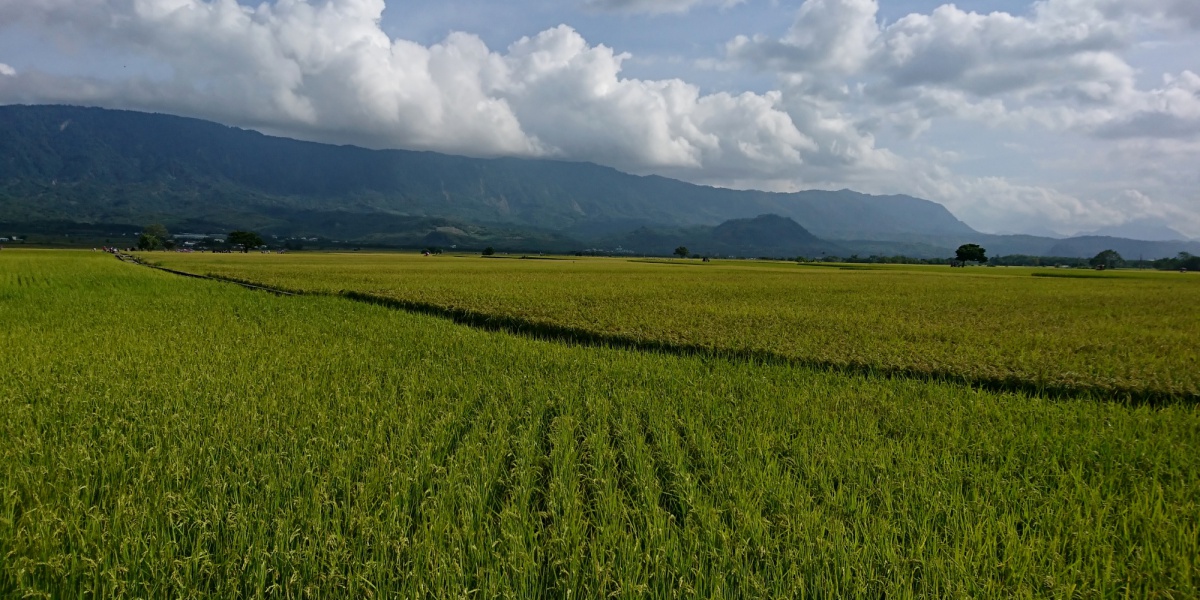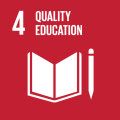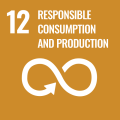The Alliance Cultural Foundation’s Tenth Year Reflection
Hualien-Taitung is is believed to be the last remaining untouched land of Taiwan. Its rich Indigenous culture sets it apart from the rest of the island; its natural environment can be the best teacher for city dwellers to learn to coexist with nature; however, even with its abundance of resources, its lack of opportunities drives youths away from their homes to find work in the city. Ten years ago, The Alliance Cultural Foundation (ACF) set the mission to develop an economically sustainable future for the region and for the youths to have the choice to move back to their homes and sustain a living for themselves and their families. This feature shares the story of ACF's journey in achieving its mission and vision for the future.

Coexisting with nature, the Hualien-Taitung way Hualien-Taitung region has touched ACF Chair Stanley Yen from a young age. He recognized that its pristine beauty and unique Indigenous culture would be the appeal that charms the world of Taiwan. After the hit of Typhoon Morakot in 2009, Chair Yen witnessed and understood that what was needed for the region to sustain long-term were initiatives that aimed to resolve deep-rooted issues. This vision inspired the birth of ACF. ACF has since aimed to demonstrate best practices and pioneer successful models. In 2010, Chair Yen introduced McKinsey to the Taiwan Tourism Bureau. After three months of analysis of the potential of Taiwan's east coast, the report validated Chair Yen's vision for Hualien-Taitung. It stated that Hualien-Taitung's economic potential is through offering in-depth tourism experiences and sustaining its local culture and natural environment. It should focus on individuals who seek escape from city life for slow travel; it should focus on those who are adventurous and who appreciate nature; it should focus on seniors who have the time to stay long-term to relax and find peace. The report also indicated the need to increase accessibility for overseas travelers and increase marketing campaigns for the region. Step by step, ACF proves it to be the right direction for Hualien-Taitung. From 2010 to 2012, ACF coached customer service etiquette to local guides, B&B hosts, and shopkeepers, setting up online sales platforms for local entrepreneurs and repacking existing excursions to fit the international market. ACF designed a tour itinerary inviting opinion leaders and the media to experience the Hualien-Taitung way of slow travel, demonstrating a different future for the region to progress towards – a place for individuals to coexist with the environment and experience authenticity. In recent years, youths have increasingly returned to the townships of Changbin and Fengbin. Some went to the villages to learn native traditions, others to learn the self-sustaining skills of their tribes. They learned from and introduced new ideas and skills to the villages, slowly changing their futures. With its growing accessibility, the townships face the threat of being commercialized just as the Yilan Plain did when the Xueshan Tunnel was built. ACF continues to invite opinion leaders and the media to the region to experience its unique way of life to prevent commercialization through their voices. ACF also introduced Athletic Performance Coaching into the Changbin-Fengbin way of life, recognizing that nature and wellness go hand-in-hand. Chair Yen believes that in a globalized world, the value of local culture is ever more critical. Besides supporting youths in studying, touring, and witnessing Hawaii's way of preserving their native culture, ACF brings locals together to co-create an itinerary incorporating diverse tribal cultural experiences. ACF also emphasizes the importance of English proficiency so that Taiwan can extend its international tourism market. Regardless of whether it is to experience the East Coast mountains, its coast, its Indigenous culture, or wellness through Athletic Performance Coaching, ACF hopes that anyone visiting visits with a slow travel mindset and respects the land as a native.

Cultural Preservation Chair Yen has always believed that the proper way to experience and understand the Indigenous culture isn't only to wear the traditional clothing or to dance the traditional dance; it should be to experience the everyday life, the self-sustaining knowledge of the tribes of the mountains and oceans, to experience the culture through stories. To equip youths with the vision and enough exposure to lead their villages to a better future, we initiate and seek out programs – from participating in Hong Kong's annual MaD Conference to the Hawaii Cultural Sustainability Educational Tour and the Asian Executive Management program at the Brigham Young University-Hawaii. To date, ACF has supported a total of 51 youths to partake in the programs in Hawaii. ACF has hosted periodic co-learning workshops for the group since 2019 to create an ongoing dialogue on the sustainability of the villages. The workshops discuss tribal issues and initiatives and serve as a support base. ACF envisions through a collaborative effort, the villages will achieve sustainability and long-term preservation of their culture. Chair Yen's vision for change is to resolve deep-rooted issues in rural areas, and education, elder care, and job opportunities must be considered simultaneously.
Though Hualien-Taitung youths desire to return to their hometowns, the lack of job opportunities, quality education, and elder care makes the decision hesitant. The birthrate in the region is low, and many villages are near-abandoned. To support the survival of the elementary schools, the government allocates large grants to keep them operating. Currently, 50% of elementary schools have under 60 students; many have between 10 to 20 students, lacking a group learning environment. 10 years ago, the National Cheng Kung Commercial and Aquaculture Senior Vocational High School, located in Taiwan's East Coast, had 400 students, the figure has now dropped to 170 students. It is an issue that cannot be disregarded. Regarding the lack of quality education in rural areas, Chair Yen believes that the key is not to narrow the gap between rural areas and cities but to create a different education model that respects the rural environment and culture. In an ideal world, Chair Yen envisions the resources of a few nearly abandoned elementary schools to be combined and converted into a K-12 school that implements the new education model that fits the region and its culture; this model would thereby keep youths in their hometowns receiving the education relevant to their way of life. In Changbin, out % of 7,039 locals, 24% are 65 years old; this data was taken in November 2019. Due to its aging population, the lack of elder care is one of Hualien-Taitung's most concerning issues. To tackle the matter, Chair Yen believes in creating an elder care center where seniors who are independent in mobility and mental state can coexist. The center would not only create job opportunities but a community. Tribal elders play an essential role in passing on culture and tradition. In the community, they could teach youths age-old farming, weaving, and hunting methods to continue tribal practices. Village people can be educated to offer at-home elder care for elders who are not independent in mobility and mental health. To tackle the lack of job opportunities, Chair Yen envisions a cultural center where tribespeople can offer cultural learning and tribal experiences such as music, dance, traditional carving, ceramics, Indigenous food, attire, hunting, farming, kayaking, and fishing. The creation of a cultural center would create opportunities suited to the locals. With Hualien-Taitung's abundance of resources, Chair Yen believes in the possibility that reforming abandoned elementary schools into experimental schools, creating a cultural center as well as an elder care center would create enough jobs for youths to return home; elders would receive the care they need, and children can grow up in their hometowns. This vision could tackle the lack of quality education, job opportunities, and senior care, preventing and reviving the abandoned villages.






